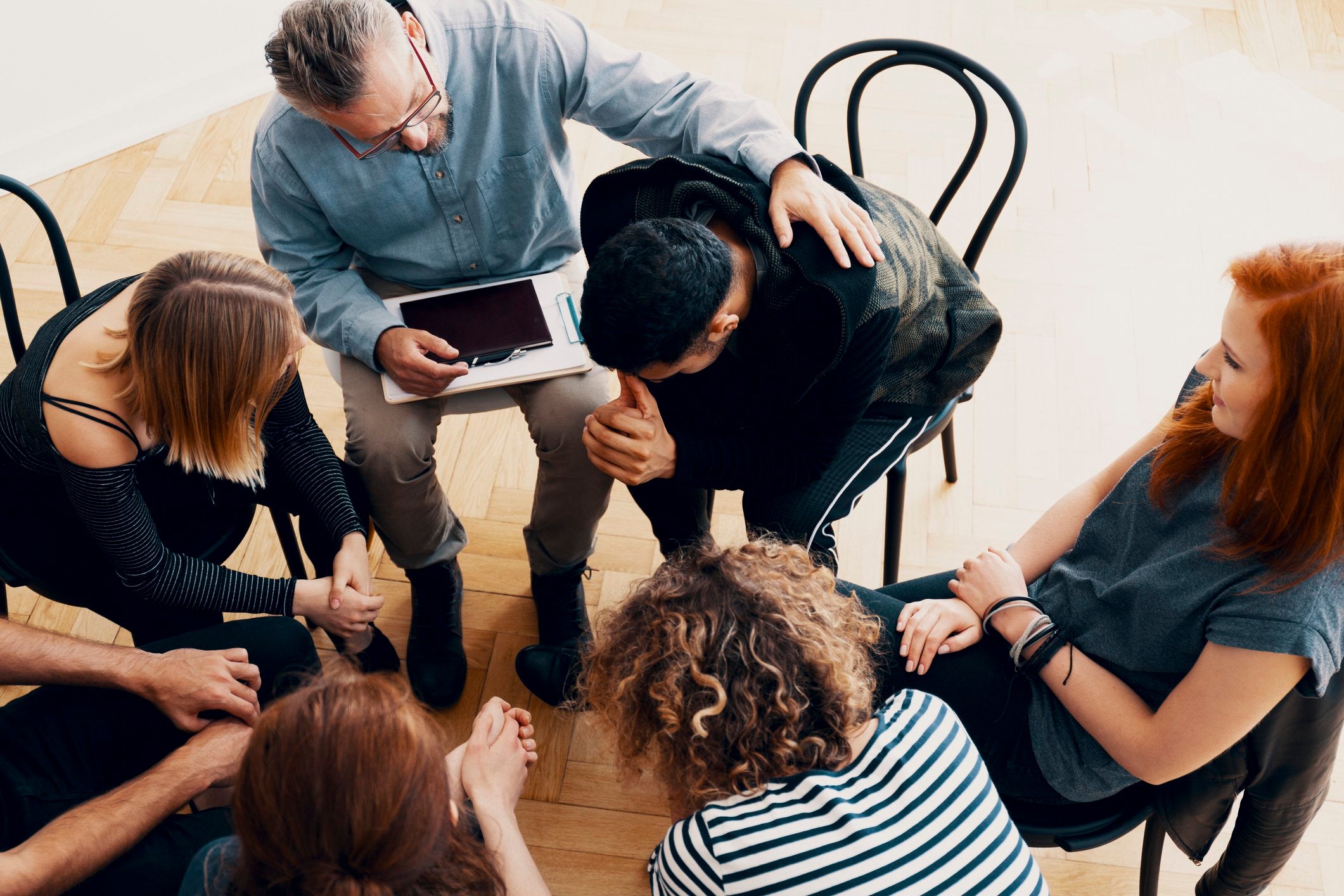Last December, two Columbia County students committed suicide, one at Grovetown Middle School and one from Columbia County Alternative School. On Feb. 23, sheriff’s deputies, along with staff and administrators, responded to an incident at Harlem High School in which a student attempted to harm herself and lunged at others with a knife.
“We have a growing crisis around children and teen mental health, and our data is very clear on that,” said Julie Miller, regional manager of Georgia Family Connections Partnership, before the Columbia County School Board at its meeting on Feb. 8. “And data is something that we at Family Connection pay a lot of attention to.”
Georgia Family Connection is a statewide network of nonprofit organizations “dedicated to the health and well-being of families and communities,” according to its website. Its branches in Richmond and Columbia Counties are, respectively, Augusta Partnership for Children and Columbia County Community Connections.
[adrotate banner=”51″]
While the mental health of local middle and high school-aged children has been a priority concern among educators, administrators, social workers and health professionals, it has been making its way to the forefront of civic discussions as of late. At that meeting in early February, Miller brought further public attention to the Resilient Teens program.
Resilient Teens is a partnership between the East Georgia branch of Georgia Family Connections, serving 14 counties including both Richmond and Columbia as well as Augusta University. It’s born from Resilient Georgia, another statewide initiative made up of several coalitions and partnerships toward raising awareness about trauma and childhood adversity, providing resources for healing and developing a robust behavioral health system.
In 2019, Dr. Kimberly Vess Loomer, associate dean of Learner Well-Being at the Medical College of Georgia, was asked to serve on the board for Resilient Georgia. To apply for one of the partnership’s regional grants, she and Miller began pulling data to assess the needs of teens in the region.
“One of the things we found, and this is pre-pandemic, was that teens were being seen in the emergency room,” said Loomer. “The increase in that had been 500% in the last two years, and so when we looked and realized that we’re seeing an increase in suicide and suicidal ideation to that extent, we knew that mental health needed to really be our focus.”
Loomer and Miller created the Resilient Teens program to address this alarming uptick but had to adjust the program to adapt to the COVID-19 pandemic. What they developed was an initiative in which medical students from MCG served as peer facilitators who meet with teens in the program in virtual group sessions that last for about 90 minutes.
The weekly sessions are about 90 minutes long and use a curriculum developed by the Resilient Teens leadership team. Students meet with the facilitators on Zoom to learn about adverse childhood events and trauma, and cultivate skills in self-care, mindfulness and other trauma-informed practices in order to build resiliency.
[adrotate banner=”15″]
“We give them awareness of the issue,” said Loomer. “The skill building piece is what we work on after we develop and work through the awareness of the problems and the knowledge that they need and then give them a chance to practice it.”
Issues discussed in the sessions range from maintaining good sleeping habits, to budgeting, living with purpose and setting realistic goals. The leadership team conducts surveys before and after sessions to collect data on the progress of teens in the program.
“The thing that has been striking is that they say they’re better able to cope with their emotions,” said Loomer. “They know how to help a friend that might be in need, they know the resources to go to if they are in need. I think that’s really important.”
Both Miller and Loomer stress the positive community response. While Family Connection and MCG are the primary partners in the program, Resilient Teens has invited several organizations, from 100 Black Men of Augusta to SafeHomes of Augusta to the YMCA, to participate in various degrees, including recruiting teens to participate in the program.
“One of the things that was a little bit eye opening is they said, we wouldn’t probably go to a mental health professional,” said Loomer. “A lot of folks, particularly in our rural or more underserved areas, said they didn’t know a trusted adult, or they didn’t feel they had one. It doesn’t mean there’s not a lot of folks there lifting up these kids. But that was the feeling of the teenager. And so I think as a result of the program, they have felt better able to navigate things themselves and to help another friend, or another person in need.”
For information about the Resilient Teens program, visit its website at https://www.resilientteens.org/.
Skyler Q. Andrews is a staff reporter covering education in Columbia County and business-related topics for The Augusta Press. Reach him at skyler@theaugustapress.com.











